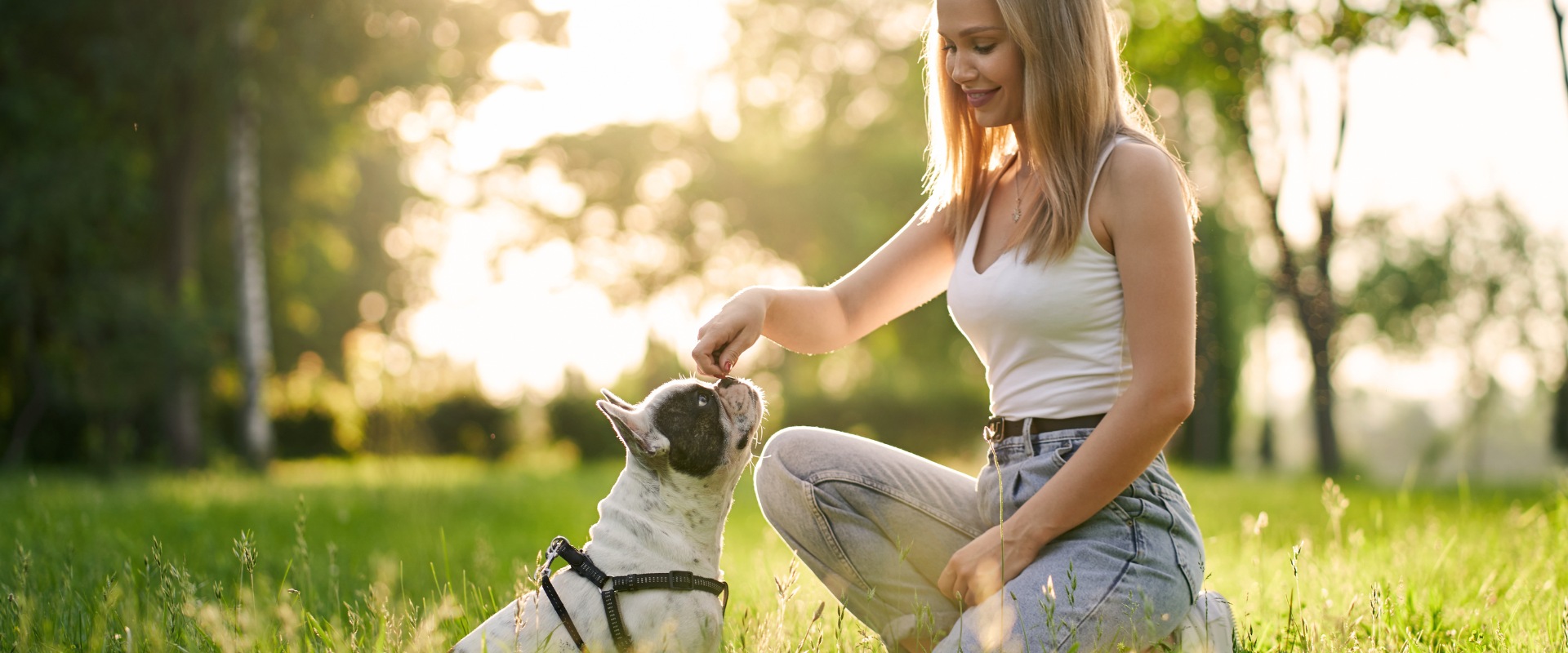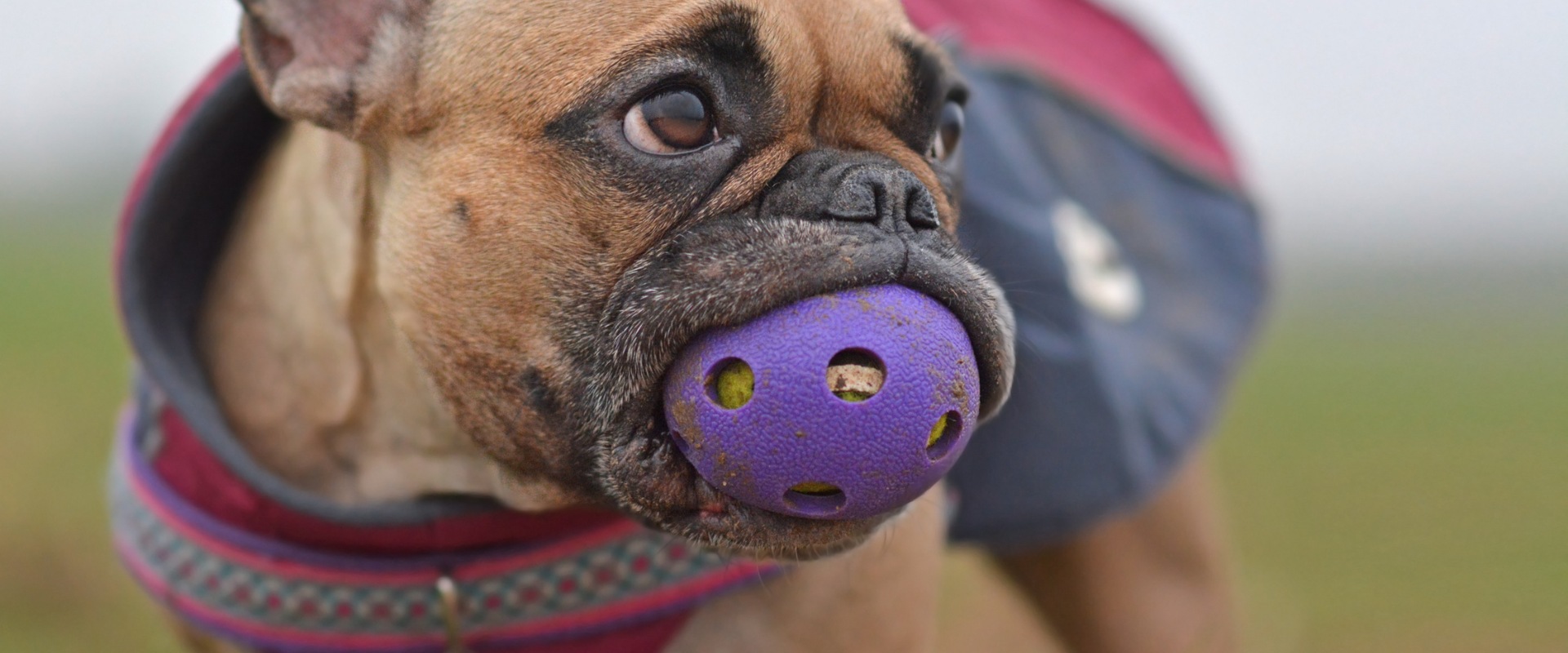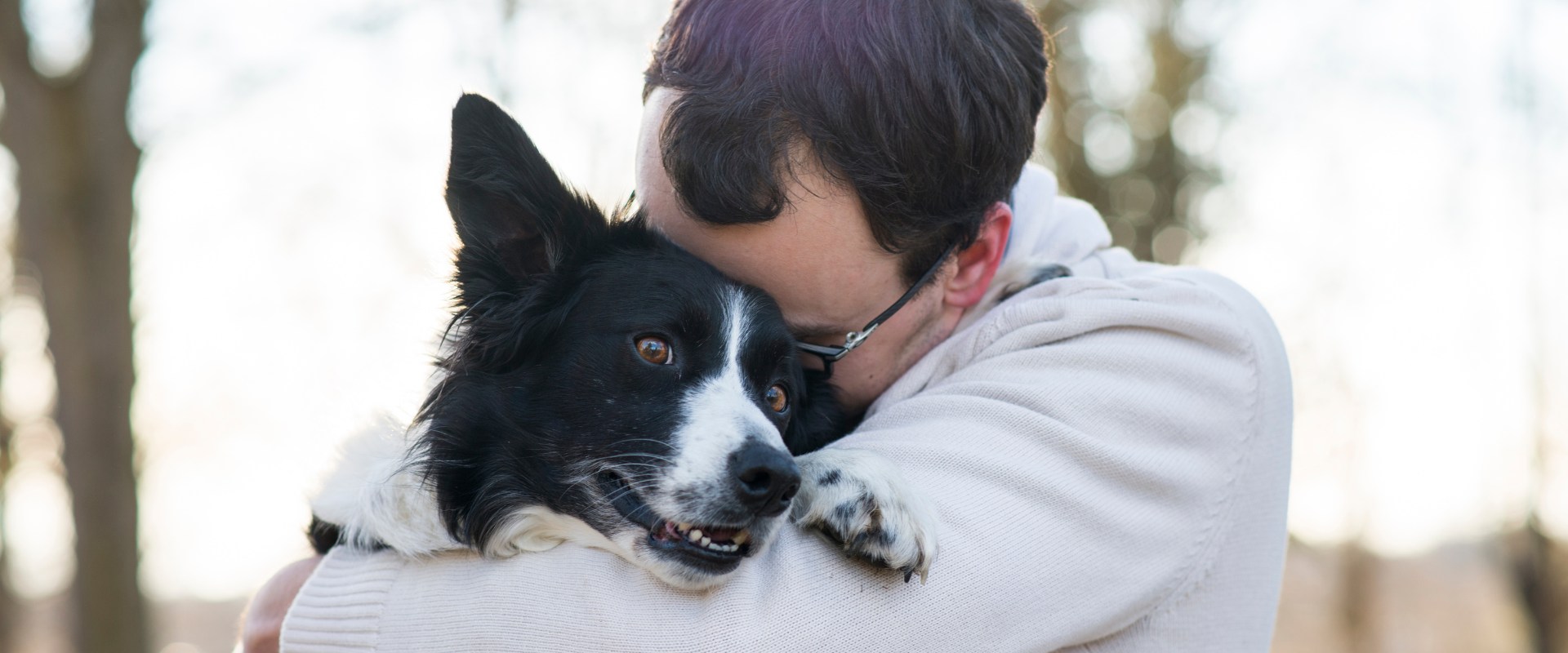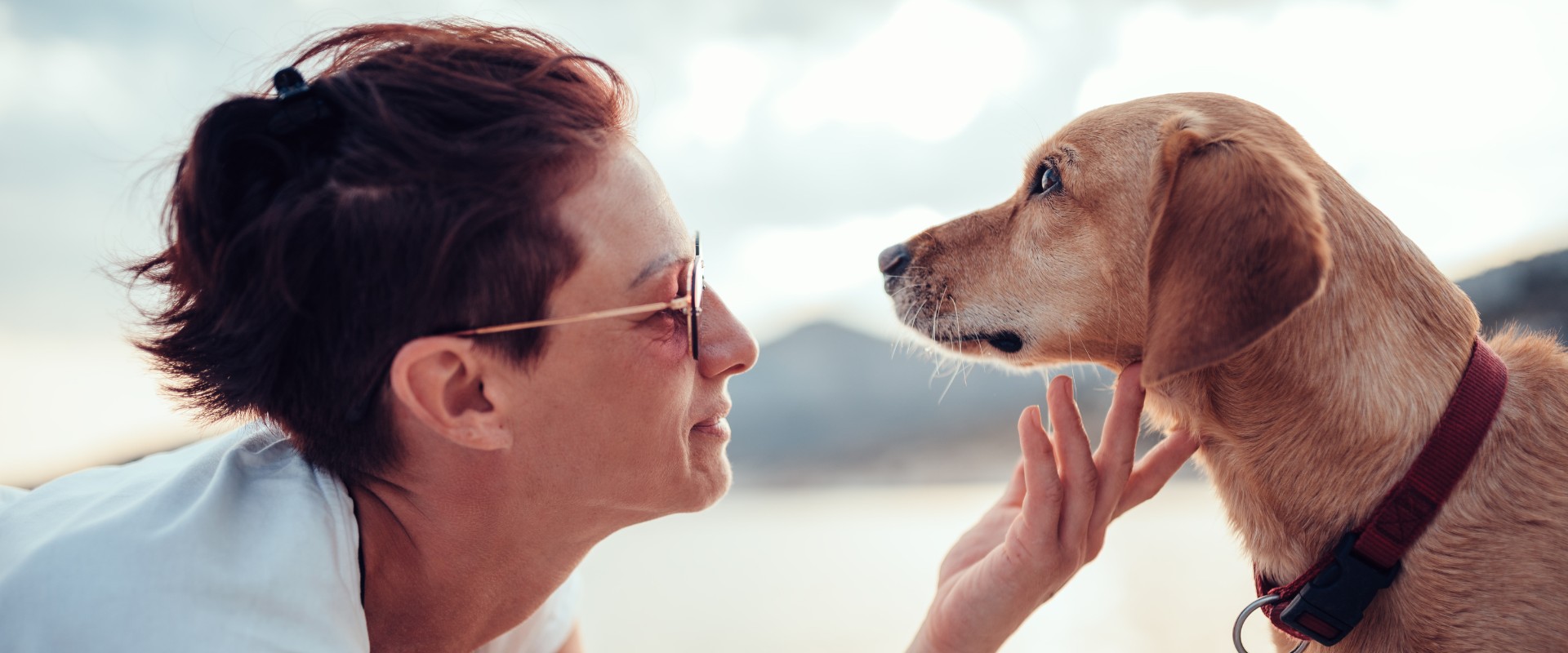French bulldogs are adorable, compact companions known for their bat ears, wrinkly faces, and playful personalities. But beneath their charming exteriors lie stubborn streaks that can make training a challenge. So, how do you train a French bulldog?
Train Difficulty
French bulldogs are moderately challenging to train. They’re intelligent dogs, but they’re also independent thinkers who can be easily distracted and prone to stubbornness. They’re also brachycephalic, meaning they have short muzzles that can make breathing difficult during exercise. This can limit training sessions and require extra patience.
Understanding the French Bulldog:
Before embarking on the training journey, it’s crucial to understand the temperament and characteristics of the French Bulldog. Known for their affectionate nature, intelligence, and adaptability, Frenchies make excellent companions. However, their stubborn streak and independent mindset can pose challenges during training.
How to train a french bulldog - TIPS:
- Start early. Puppies as young as eight weeks old can begin learning basic commands like sit, down, and stay.
- Keep it positive. Frenchies respond best to reward-based training. Use treats, praise, and petting to reinforce good behavior.
- Be patient and consistent. It takes time and repetition for Frenchies to learn new things. Be patient with them and consistent in your commands.
- Short and sweet. Keep training sessions short and engaging to avoid boredom and frustration.
- Socialize early. Frenchies can be stubborn and territorial, so it’s important to socialize them with other dogs and people from a young age.
- Find the right motivator. Some Frenchies are food-driven, while others prefer toys or play. Experiment to find what motivates your dog the most.
- Be firm but fair. Don’t yell or punish your Frenchie. Be firm in your commands, but always fair and gentle.

French Bulldog Potty Training: Patience, Consistency, and a Whole Lotta Poop
French bulldogs are undeniably adorable, but their stubborn streaks and potty training woes can leave many owners exasperated. Fear not, fellow Frenchie fanatics! With the right approach, you can housebreak your furry friend and keep your carpets pristine.
Here’s the scoop on potty training your Frenchie:
1. Start Early and Be Consistent:
Puppies as young as 8 weeks old can start learning basic commands, including potty cues like “go potty” or “potty break.” Consistency is key! Stick to a regular potty schedule, even if it means setting alarms throughout the night. ⏰
2. Crate It Up:
Crate training is a lifesaver for potty training. Frenchies naturally avoid going potty in their den, so a crate becomes a designated potty-free zone. Just remember, they’re not meant to stay crated for long stretches.
3. Praise and Treats:
Positive reinforcement is king! Shower your Frenchie with praise and yummy treats every time they eliminate outdoors. This creates a positive association with going potty where it belongs.
4. Short & Sweet Sessions:
Frenchies have notoriously short attention spans. Keep training sessions brief and engaging, using fun toys and games to keep them motivated.
5. Watch for the Signs:
Sniffing, circling, and whining are all telltale signs your pup needs a potty break. Scoop them up and head outside immediately! ️♀️
6. Accidents Happen:
Don’t get discouraged by accidents. Stay calm, clean the mess thoroughly with an enzymatic cleaner, and redirect your pup outside. Remember, everyone has to learn!
7. Address Special Needs:
Frenchies are prone to brachycephalic syndrome, which can make it harder for them to hold their bladders. Be patient, take frequent potty breaks, and consult your vet if you have concerns. 🩺
8. Be Proactive:
Limit their access to areas where they might have accidents, especially after meals, playtime, or naps. Confine them to a puppy playpen or tethered to you when indoors.

Training Equipment:
Treats and Rewards: High-quality treats serve as powerful motivators during training. Choose treats that are both tasty and easy to handle, ensuring quick reinforcement for positive behaviors.
Harness and Leash: French Bulldogs can be prone to respiratory issues, making a harness a more comfortable and safer choice than a collar. Invest in a well-fitting harness and a sturdy leash for walks and outings.
Interactive Toys: Stimulate your Frenchie’s mind with interactive toys that encourage problem-solving. Puzzle feeders and toys can provide mental stimulation and prevent boredom.
Clicker: A clicker can be a useful training tool for marking desired behaviors. Paired with treats, a clicker creates a clear signal that reinforces positive actions.
About the Breed
French bulldogs are companions bred for companionship. They’re affectionate, playful, and love to clown around. They’re also relatively low-maintenance dogs, making them a good choice for apartment dwellers or busy families. However, they can be prone to barking, snoring, and separation anxiety. Early training and socialization can help address these issues.
With a little effort, you can have a well-trained and happy French bulldog by your side.
I hope this blog article is informative and helpful for anyone considering training a French bulldog.



